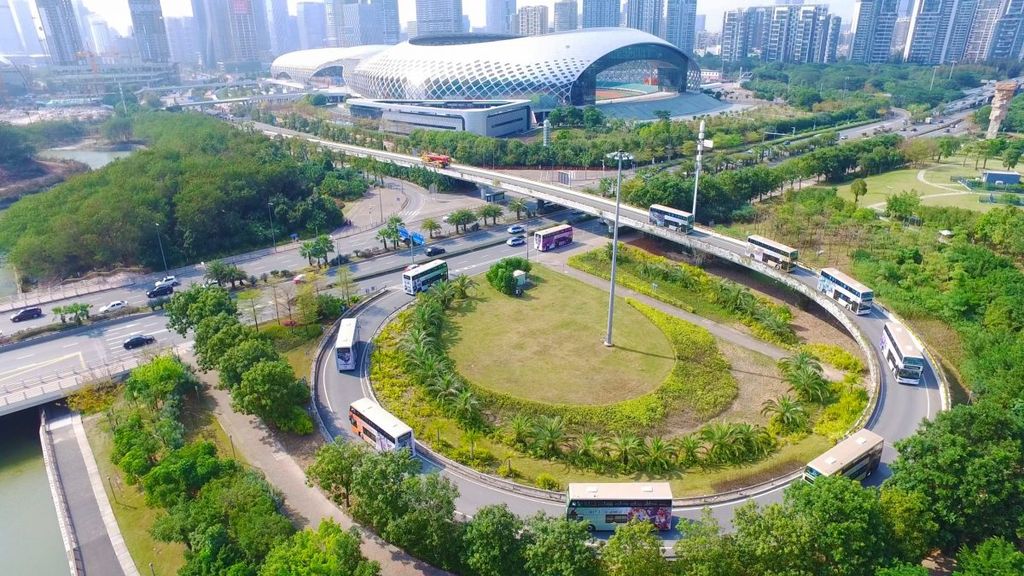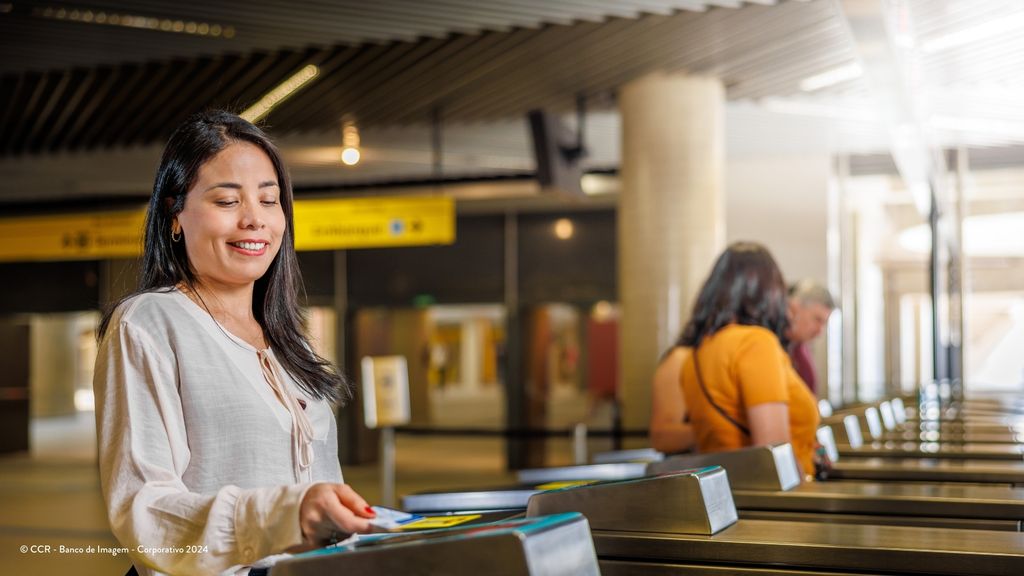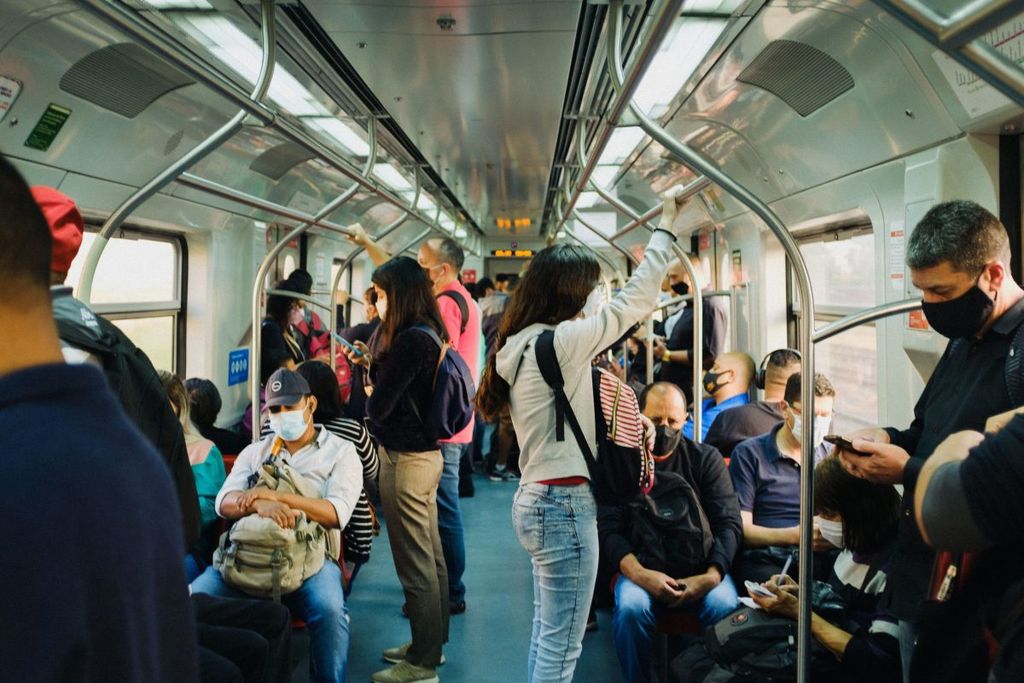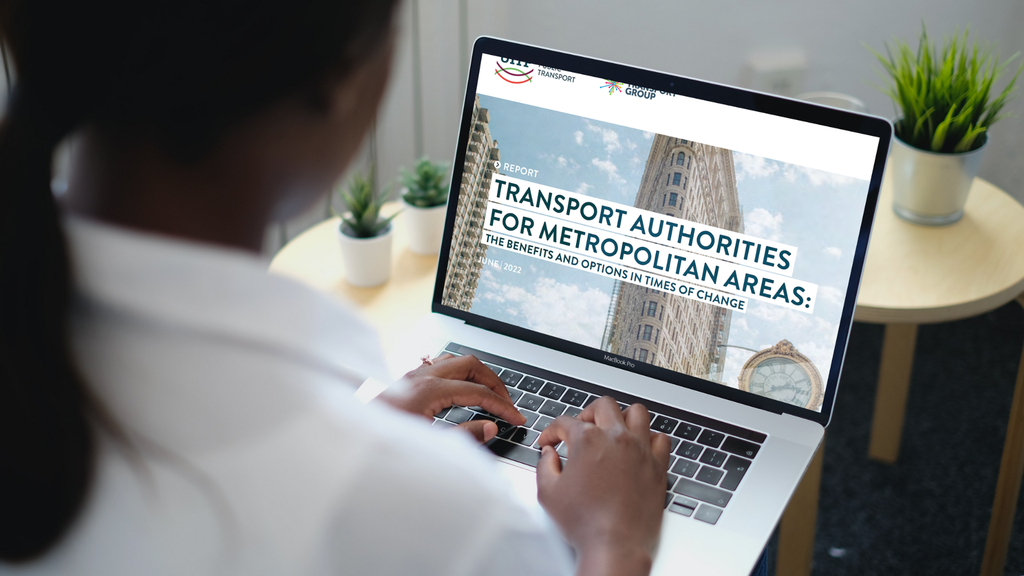
How large-scale bus electrification will impact your business model
Cities are increasingly looking to decarbonise their public transport by using electric mobility options
As cities strive to become carbon neutral, many turn to electrifying their bus networks. Funding and cost-efficiency however, often stand in the way. Mainly due to the sheer scale of such projects and short timelines expected by decision makers.
“Large-scale bus electrification: The impact on business models” is UITP’s latest Knowledge Brief, delving deeper into the impact of our business models due to electrification projects.
Financing is increasingly a driving concern for project development, technology selection and deployment. In recent years though, many new policies have sought to fully decarbonise both municipal fleets and the wider public transport network.
In Germany for example, Berlin has a fleet of around 1,800 buses and a target to reach 100% local emission free public transport by 2030. Meanwhile the city of Montreal in Canada expects their buses to be fully electric by 2025. Such ambitious tasks do not come without challenges.

Large-scale electrification: The impact on business models
Last week already, UITP and EBRD published a policy paper giving a wide overview of good practices across many aspects related to electric buses, showing a range of technologies and financing options at their disposal.
With this new Knowledge Brief, UITP aims to help operators and decision makers find an appropriate and sustainable business model for their networks. This is especially relevant, as the road to zero emissions through electrification can alter more than just funding models and financing tools. It can even have an impact on a city’s governance structure and the relationship between stakeholders.
The Knowledge Brief outlines the impact of large-scale electrification trends on the sector and the effect on operators’ business models. Detailing the results of a survey with UITP members, the publication gives an insight into the current situation and perspective of many operators. Plus, the results of a business model canvas, and complemented with a range of case studies and key principles, it aims to support operators.
The decarbonisation of our bus fleets is one of the main challenges ahead of our cities, requiring the participation of many stakeholders. In such upheaval, we should not forget ourselves and our companies. How it will impact us and where do we need to adapt. We hope this knowledge brief may provide some insights on some of those questions.
With more and more metropolitan areas targeting zero-emission environments, an increasing number of transport authorities and operators are considering a fully electric solution for their urban bus network. The UITP Academy will host an online training programme in September, offering a comprehensive overview of the electric solution for urban bus networks. This programme includes trainings on setting a long-term city strategy for the energy transition, defining a charging strategy and the choice of technology. The topics range all the way to the procurement and the implementation and operation of the system.
2025 Training Calendar








